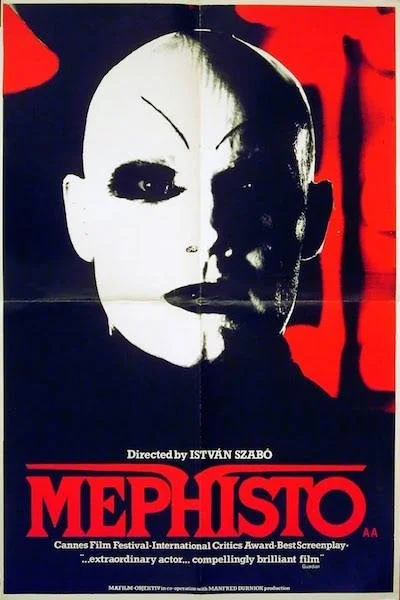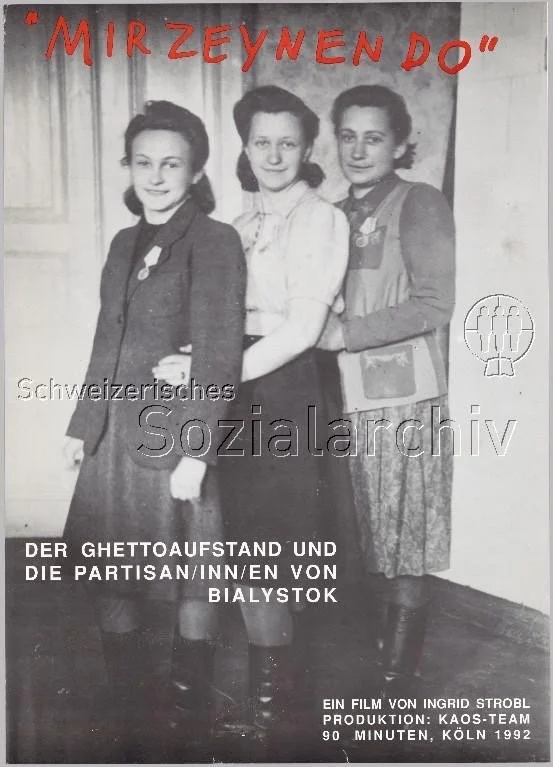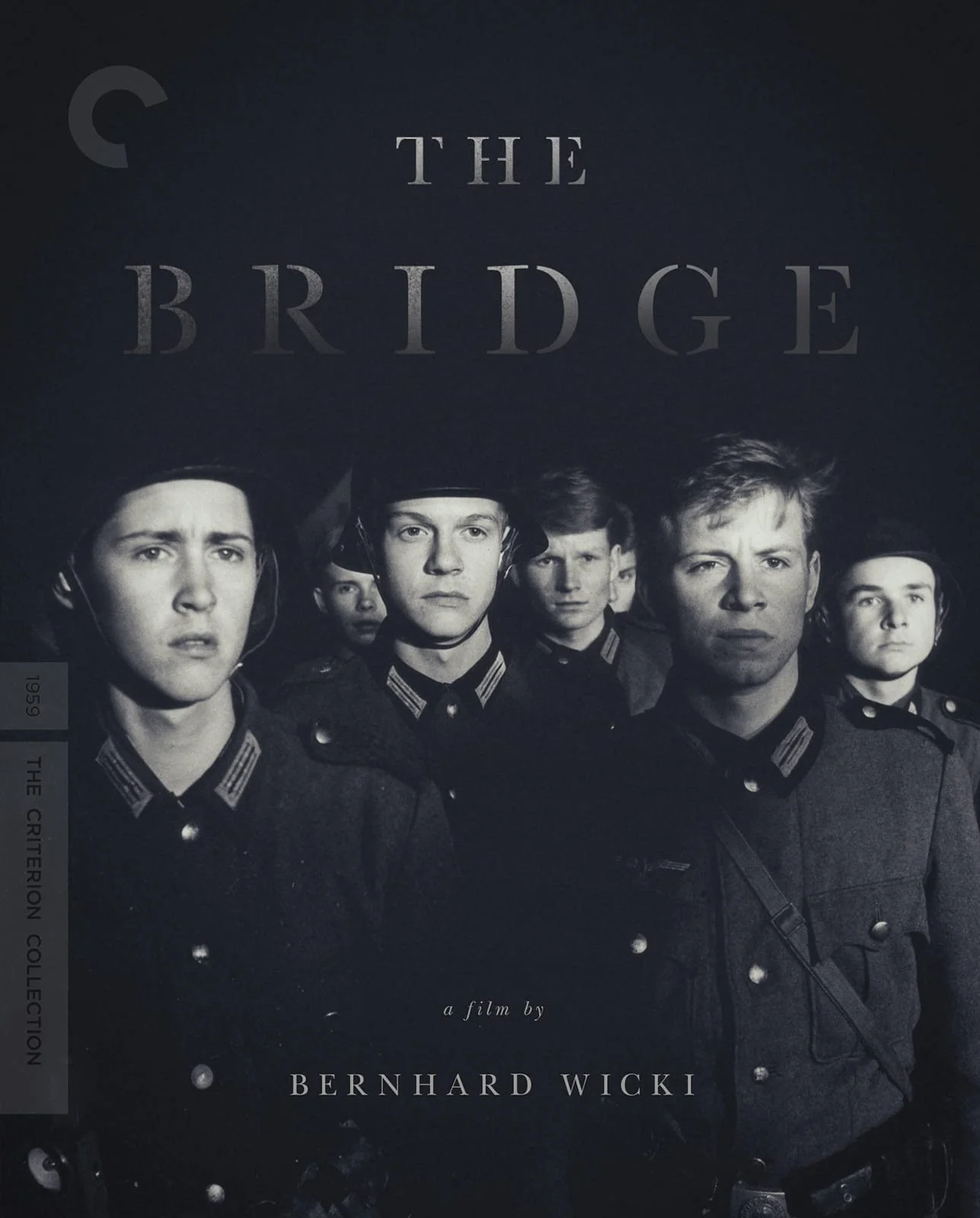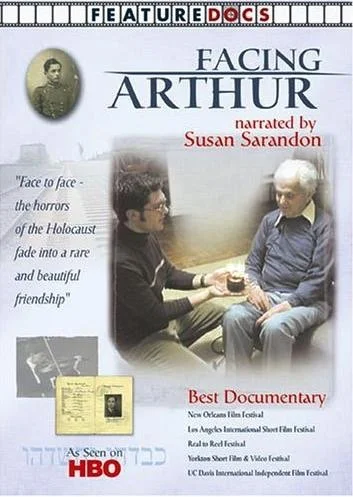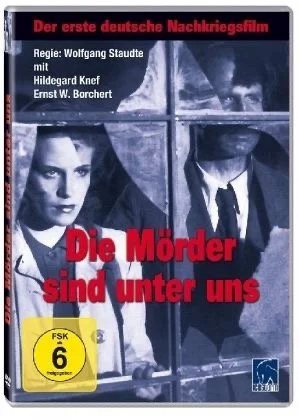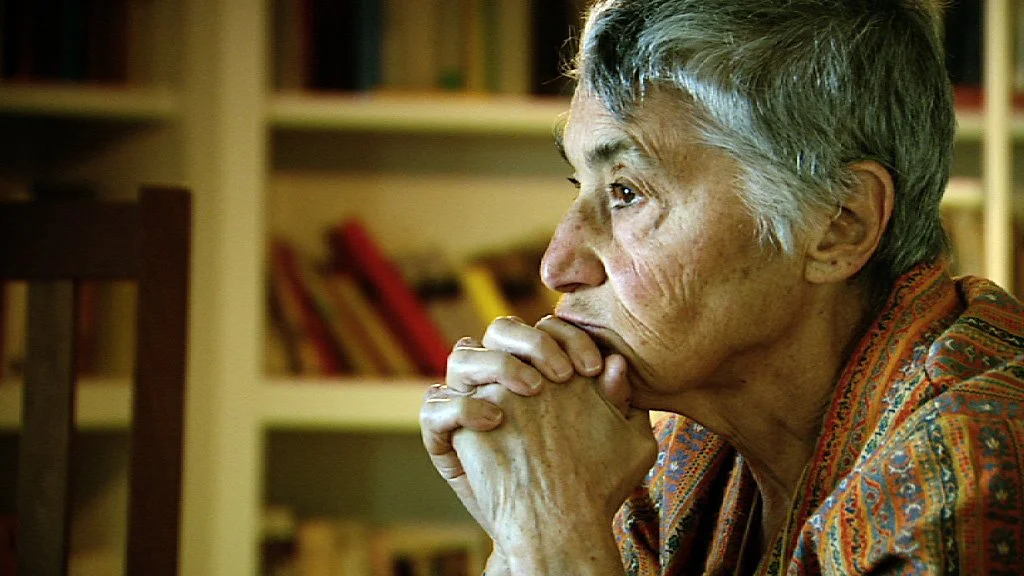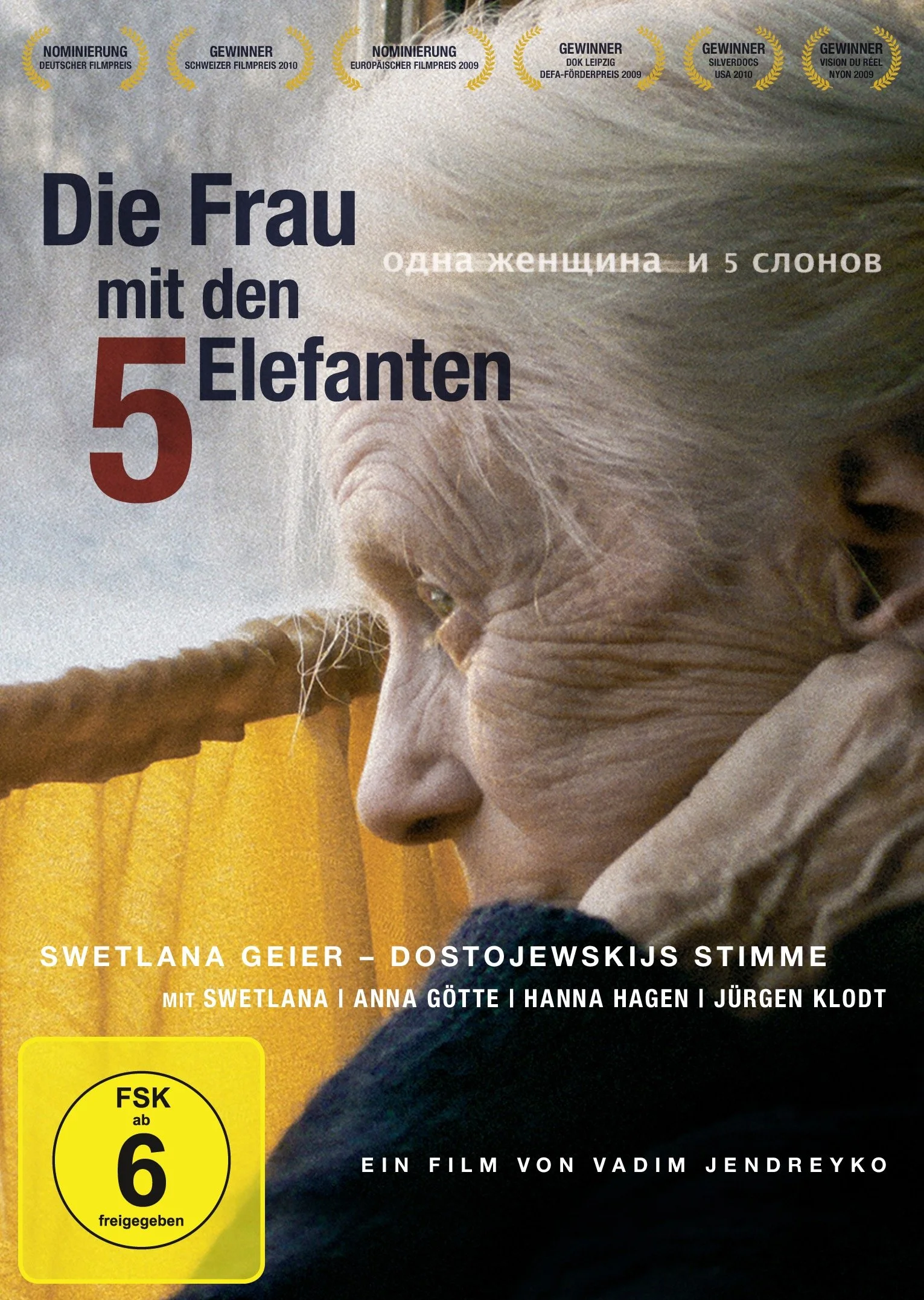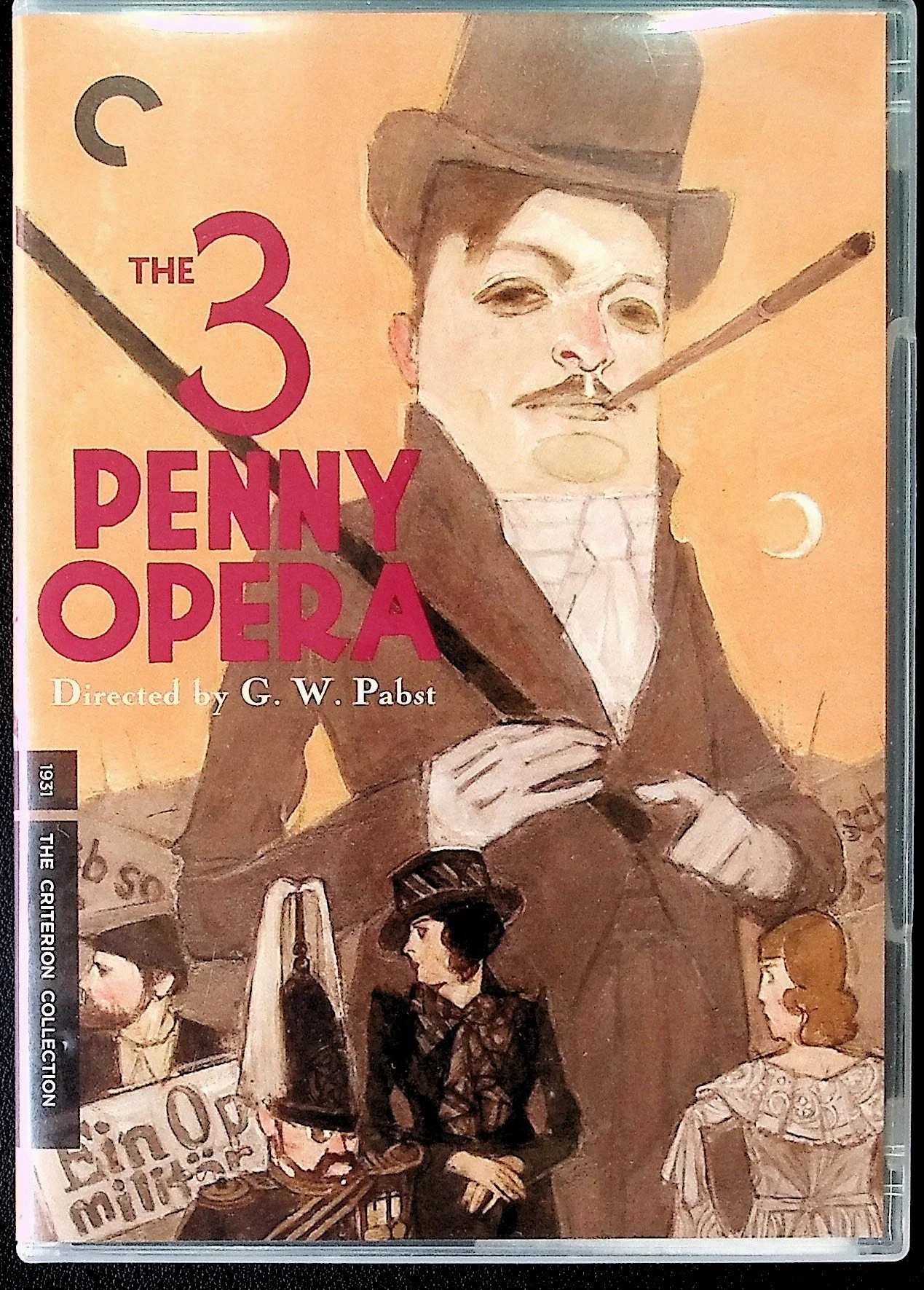- Activism
- Animation
- Asylum
- Austria
- Berlin
- Black Germans
- Childhood
- Cologne
- Colonialism
- Comedy
- DDR
- Documentary
- East/West Germany
- Environment
- Food
- Hamburg
- Health
- Holocaust
- Immigration
- Intergenerational Families
- Jewish
- Judicial system
- Lesbian/Gay
- Lübeck
- Munich
- National Socialism
- Politics
- Pomerania
- Racism
- Religion
- Sexism
- Short films
- Stuttgart
- Switzerland
- Twins
- Weimar Republic
Nackt unter Wölfen
As rumors reach them that the Allied armies are advancing on their concentration camp at Buchenwald, Polish prisoners renew their feeble hope for survival and freedom. When a group of prisoners is transferred from Auschwitz, a four-year-old child is smuggled into the camp in a valise. Born at Auschwitz, he is Jewish and will be killed if discovered. A group of prisoners decide to protect the child from the searching Germans, and although the kapos cannot smuggle the boy out of Buchenwald, they manage to hide him–moving from one place to another within the camp as the Nazis comb it. Threats and torture by SS men fail to turn up the boy who becomes a symbol of the struggle between captives and captors.
Mephisto
Mephisto is a 1981 drama film based on the novel of the same title by Klaus Mann. Directed by István Szabó, produced by Manfred Durniok, with a screenplay written by Péter Dobai and Szabó, Mephisto follows a German stage actor who finds unexpected success and mixed blessings in the popularity of his performance in a Faustian play as the Nazis take power in pre-WWII Germany. As his associates and friends flee or are ground under by the Nazi regime, the popularity of his character ends up superseding his own existence, until he finds that his best performance is keeping up appearances for his Nazi patrons.
Mir zeynen do
Im Sommer 1943 erheben sich jüdische Widerstandskämpferinnen und Widerstandskämpfer in Bialystok gegen die endgültige Liquidierung des Ghettos durch die deutschen Besatzer. Nur wenige überleben den Aufstand, unter ihnen sechs junge Frauen. Ihnen gelingt es, Verbindung zu einer sowjetischen Partisanengruppe aufzunehmen und deren Kampf gegen die deutsche Vernichtungspolitik zu unterstützen.
Der Film schildert die beschriebenen Ereignisse und lässt dabei drei der jüdischen Partisaninnen aus Bialystok ausführlich zu Wort kommen.
The Bridge
Bernhard Wicki’s astonishing The Bridge was the first major antiwar film to come out of Germany after World War II, as well as the nation’s first postwar film to be widely shown internationally, even securing an Oscar nomination.
Jacob the Liar
A Jewish ghetto in central Europe, 1944. By coincidence, Jakob Heym eavesdrops on a German radio broadcast announcing the Soviet Army is making slow by steady progress towards central Europe. In order to keep his companion in misfortune, Mischa, from risking his life for a few potatoes, he tells him what he heard and announces that he is in possession of a radio - in the ghetto a crime punishable by death. It doesn't take long for word of Jakob's secret to spread - suddenly, there is new hope and something to live for - and so Jakob finds himself in the uncomfortable position of having to come up with more and more stories.
Spielzeugland
A German mother lies to her son about where the Nazis are sending their Jewish neighbors. Good filmmakers don’t need a feature to make powerful movies. “Toyland” is a film that works so brilliantly that it managed to be powerful, thought-provoking and even gut-wrenching than most Hollywood films that are eight to ten times longer. With sparse dialogue, director Jochen Alexander Freydank keeps us hooked throughout this superb short film.
Herr Zwilling und Frau Zuckermann
Only two Jews who were born in the town of Czernowitz still survive, after the turmoils of the twentieth century, and they are now both in their nineties.
Geschenkt wurde uns nichts: Die Geschichte einer italienischen Partisanin
Annita 'Laila' Malavasi was an Italian partisan during the Second World War and one of the few female commanders in the resistance. She spent over a year in the Apennines, fighting against the German occupation. At the same time, she had to assert herself in the male-dominated Italian society. This film is a portrait of Laila and two of her comrades, Gina 'Sonia' Moncigoli and Pierina 'Iva' Bonilauri. It chronicles their experiences as they discuss the Resistenza and what it meant to them and many other women. This is a story of emancipation before and after Italy's liberation from fascism.
Ein deutsches Leben
Brunhilde Pomsel describes herself as an “apolitical girl” and a “figure on the margins,” but she got closer to one of the worst criminals in world history than anyone else left alive. Today aged 104, Pomsel served as Nazi Propaganda Minister Joseph Goebbels’ stenographer. Brunhilde Pomsel’s life mirrors all the major breaks and continuities of the 20th century.
Facing Arthur
Arthur Lederman is 100 years old. Before World War II, he was a renowned concert violinist in his native Poland. In 1938, he escaped via steamship to New York City and was the only member of his family to survive the Holocaust. Christoph Erbsloeh is a 20-year-old German cellist whose grandfather served in Hitler’s army. But when a Jewish aid agency sends the young exchange student to help the elderly recluse, Arthur and Christoph both begin to confront the legacy of Nazi Germany in ways neither had ever imagined.
Der Fall Collini
“Courtroom drama meets political thriller worthy of John Grisham in this explosive, spellbinding story about a young lawyer who comes across one of the biggest judicial scandals in German history and a truth that nobody wants to face. Fabrizio Collini (legendary Italian actor Franco Nero) is recently retired. He’s a quiet, unassuming man with no indication that he’s capable of hurting anyone. And yet, he brutally murders a prominent industrialist in one of Berlin’s most exclusive hotels.
Die Mörder sind unter uns
After returning from a concentration camp, Susanne finds an ex-soldier living in her apartment. Together the two try to move past their experiences during WWII. A biographical portrayal of Simon Wiesenthal, famous Nazi Hunter. From his imprisonment in a Nazi Concentration Camp, the film follows his liberation and his rise to become one of the leading Nazi hunters in the world, bringing such criminals to justice as Adolf Eichmann and Klaus Barbie.
Das Weiterleben der Ruth Klüger
Landscapes of Memory – The Life of Ruth Klüger is a biopic about the high profile author Ruth Klüger, a famous scholar of German literature. Her autobiography Still Alive: A Holocaust Girlhood Remembered is an international bestseller and the book’s publication in 12 languages has garnered multiple awards for Klüger. It is one thing to survive the Holocaust, but quite another to deal with the lasting impact of this experience. This filmic portrait of Ruth Klüger, an American literary scholar from Vienna, deals with these issues by revisiting four significant places in her life: Vienna, California, Göttingen, and Israel. Ruth Klüger also shares her thoughts on very personal topics: her childhood in anti-Jewish Vienna, her life in the States, her motherhood of two American sons, and the culture of commemoration.
Brown Babies: The Mischlingskinder Story
Brown Babies: The Mischlingskinder Story tells the personal and painful stories of Afro-American-German Brown Babies in a world where biracial, bicultural children were unwanted, ignored and forgotten. Abandoned by enemy nations and their families. Brown Babies: The Mishlingskinder Story shows how these children overcame extraordinary obstacles and honors the African-American woman who fought to save their lives when no one else would. Many archival images appear courtesy of the AFRO American Newspapers Archives.
Die Frau mit 5 Elefanten
Swetlana Geier is considered the greatest translator of Russian literature into German. Her new translations of Dostoyevsky’s five great novels, known as the “five elephants,” are her life’s work and literary milestones. “The concept of transportation is not an adequate metaphor for translation. It is not transportation, since the luggage never arrives. I’ve always been interested in the losses. By what always has to be left outside that which has been newly created, the translation.”
Die 3-Groschen-Oper
The Threepenny Opera differs in significant respects from the play and the internal timeline is somewhat vague. The whole of society is presented as corrupt in one form or another. Only some of the songs from the play are used, in a different order. Bertolt Brecht and Kurt Weill, the playwright and composer of the stage play that the film is based on, were originally hired to adapt the play for film, but Brecht quit in the middle of production, while Weill continued working on the film until he was fired. The two each sued Warner Bros. and the German production company on the basis that sale of the rights stipulated that nothing in the stage production could be changed for the film. Brecht and Weill intended the piece as a satire on capitalism, and claimed that the ideological basis of the story was softened by director G. W. Pabst, who wanted the film to be more entertaining. Brecht was accused of breach of contract and his suit was rejected, but Weill won his suit.


